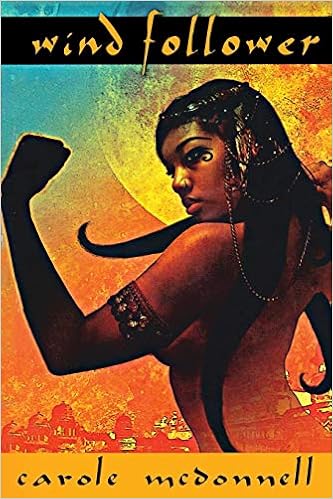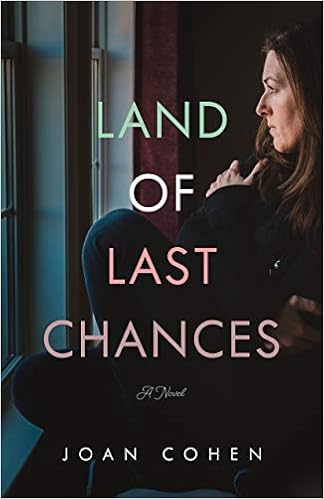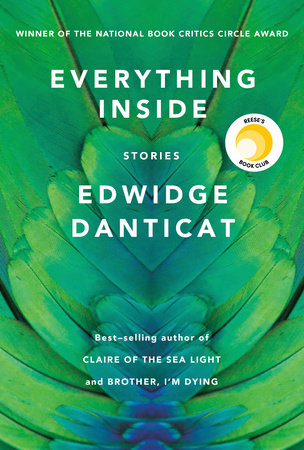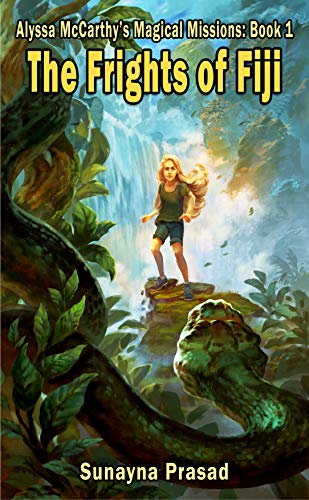 Oli’s rebirth is rooted in connection, where she feels herself a part of the ocean; a part of the Earth, and connected to the other women with her. It’s an antidote to violence and the kind of toxic masculinity that is destroying our species. Below Deck is a rich, powerful, and wonderful novel full of exquisite writing, important themes, and powerfully realised textures.
Oli’s rebirth is rooted in connection, where she feels herself a part of the ocean; a part of the Earth, and connected to the other women with her. It’s an antidote to violence and the kind of toxic masculinity that is destroying our species. Below Deck is a rich, powerful, and wonderful novel full of exquisite writing, important themes, and powerfully realised textures.
Tag: fiction
A review of The Deceptions by Suzanne Leal
 Suzanne Leal, an Australian novelist and lawyer, has contributed a powerful novel to this large body of Holocaust literature. It is based on a true story she learned from her former Czech, Jewish landlords, who were also Holocaust survivors.
Suzanne Leal, an Australian novelist and lawyer, has contributed a powerful novel to this large body of Holocaust literature. It is based on a true story she learned from her former Czech, Jewish landlords, who were also Holocaust survivors.
A review of Wind Follower by Carole McDonnell
 McDonnell draws upon her extensive investigation into early African tribal practices in order to better set down a representation of the rituals, mores and qualities of the assorted parties in order to portray a representative clash of societies where social traditions and customs are absolute law.
McDonnell draws upon her extensive investigation into early African tribal practices in order to better set down a representation of the rituals, mores and qualities of the assorted parties in order to portray a representative clash of societies where social traditions and customs are absolute law.
A review of The Land of Last Chances by Joan Cohen
 It is fascinating to watch Jeanne’s character transformation. Early in the novel, she is businesslike, professional, and analytical. She wishes to get things done quickly so she can get back to work. But slowly, cracks in that façade emerge, and she learns human emotions are not business transactions or “deals” to be made.
It is fascinating to watch Jeanne’s character transformation. Early in the novel, she is businesslike, professional, and analytical. She wishes to get things done quickly so she can get back to work. But slowly, cracks in that façade emerge, and she learns human emotions are not business transactions or “deals” to be made.
A review of The Weekend by Charlotte Wood
 The Weekend is about so many things: preconceptions, societal norms, continuity and difference, about the self and about relationships, but most particularly about friendship and what it means to be both separate individuals in this world throughout life changes, and also the ways in which we are implicitly connected and collective.
The Weekend is about so many things: preconceptions, societal norms, continuity and difference, about the self and about relationships, but most particularly about friendship and what it means to be both separate individuals in this world throughout life changes, and also the ways in which we are implicitly connected and collective.
A Superior Spectre by Angela Meyer
 A Superior Spectre is deftly constructed piece of literature. It sits shoulder-to-shoulder with some of the greats. Thematically it is a worthy companion-piece to Angela Carter’s The Passion of New Eve. Structurally it folds like the origami of Italio Calvino’s If On A Winter’s Night A Traveler, and Jennifer Egan’s The Keep. Stylistically it employs some of the fuzzy voice of China Mieville’s This Census Taker, where the who and when of the narrator becomes blended and circular.
A Superior Spectre is deftly constructed piece of literature. It sits shoulder-to-shoulder with some of the greats. Thematically it is a worthy companion-piece to Angela Carter’s The Passion of New Eve. Structurally it folds like the origami of Italio Calvino’s If On A Winter’s Night A Traveler, and Jennifer Egan’s The Keep. Stylistically it employs some of the fuzzy voice of China Mieville’s This Census Taker, where the who and when of the narrator becomes blended and circular.
A review of Everything Inside by Edwidge Danticat

A review of Emerald City by Brian Birnbaum
 Birnbaum, a CODA himself, loves florid, beautiful, language. Perhaps being a hearing child of Deaf parents channeled his talents to the written page more readily than to a spoken art? Some well-turned sentences are spot on: “Matthew was a walking gerund, always stating things that could’ve just been done in the first place” personifies the unity of word and action by using its difference.
Birnbaum, a CODA himself, loves florid, beautiful, language. Perhaps being a hearing child of Deaf parents channeled his talents to the written page more readily than to a spoken art? Some well-turned sentences are spot on: “Matthew was a walking gerund, always stating things that could’ve just been done in the first place” personifies the unity of word and action by using its difference.
A review of City of Girls by Elizabeth Gilbert
 The book is fast paced, consistently engaging, and is often very funny. It comes across as light and easy, but amidst the intriguing mix of Vivian’s self-deprecation and self-aggrandisement there are serious themes in the book. The key one is the relationship between female desire and male aggression. The book subtly but powerful explores the way in which women are both diminished by the men around them and the ways in which they retain and reclaim power.
The book is fast paced, consistently engaging, and is often very funny. It comes across as light and easy, but amidst the intriguing mix of Vivian’s self-deprecation and self-aggrandisement there are serious themes in the book. The key one is the relationship between female desire and male aggression. The book subtly but powerful explores the way in which women are both diminished by the men around them and the ways in which they retain and reclaim power.
A review of The Frights of Fiji By Sunayna Prasad
 This is a well-crafted coming of age fantasy story for teenagers and young adults. It is a quick-paced story that will capture the reader’s attention and not let go until the last page has been read.
This is a well-crafted coming of age fantasy story for teenagers and young adults. It is a quick-paced story that will capture the reader’s attention and not let go until the last page has been read.